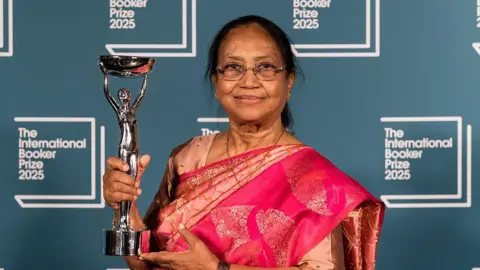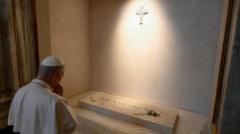Banu Mushtaq's “Heart Lamp” has achieved a significant milestone by becoming the first collection of stories to win the prestigious International Booker Prize. Notably, it also marks the first time a work translated from Kannada—a language spoken in southern India—has received this accolade.
However, what makes “Heart Lamp” particularly distinct is that it is not merely a translation of a singular pre-existing work. Rather, translator Deepa Bhasthi curated the stories from Mushtaq's extensive collection, which includes over 60 stories written and published in Kannada over the span of three decades. This exceptional collaboration has demonstrated a transformative dynamic in the relationship between author and translator, showcasing Bhasthi’s empowerment in this partnership.
The recognition of “Heart Lamp” reflects a broader trend in the evolution of literary translation in India, as more works in the country's diverse languages are being brought into English. This not only amplifies Indian literary voices globally but also enriches the English language itself. In a recent interview, Mushtaq expressed pride in both her literary achievements and the stereotypes it has challenged.
At 77 years old, Banu Mushtaq stands as an iconic figure—a lawyer, activist, and author whose narrative style often explores feminist themes and addresses the everyday struggles of ordinary women, particularly those from minority communities, including many Muslim women. The stories in “Heart Lamp” resonate deeply with issues of social justice and patriarchy, reinforcing the book’s significance in contemporary literature.























